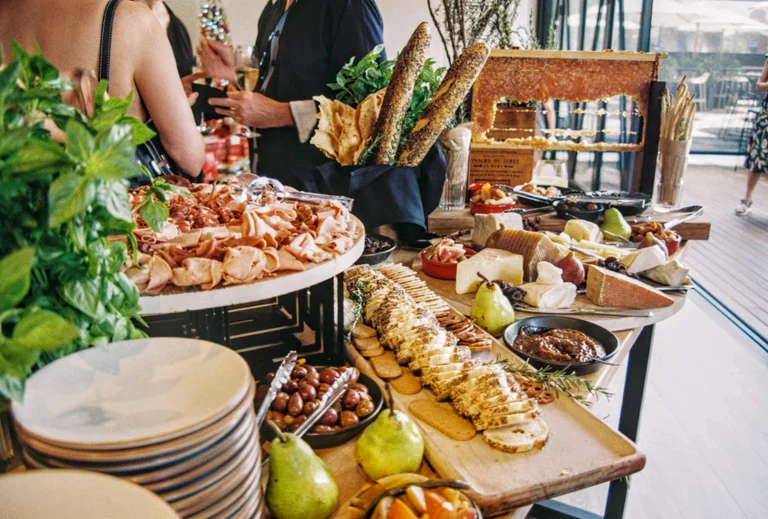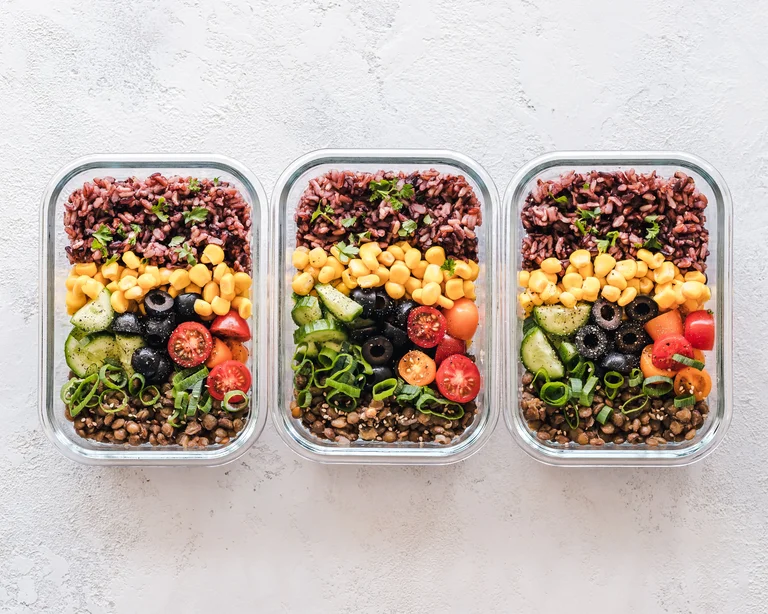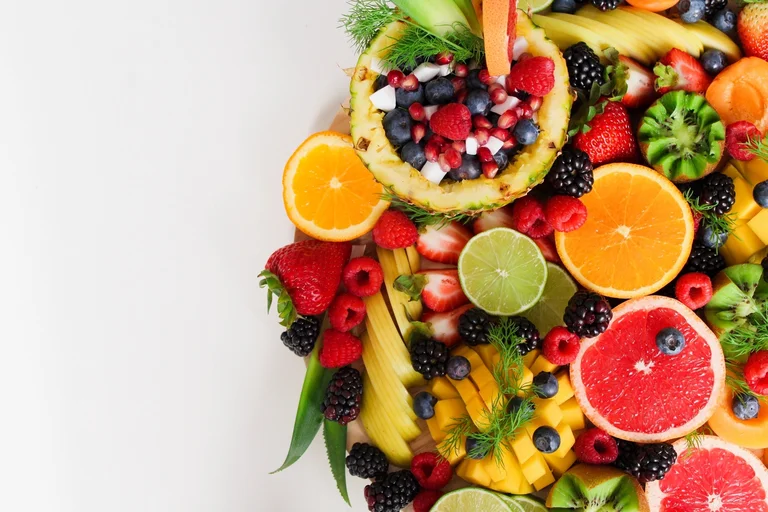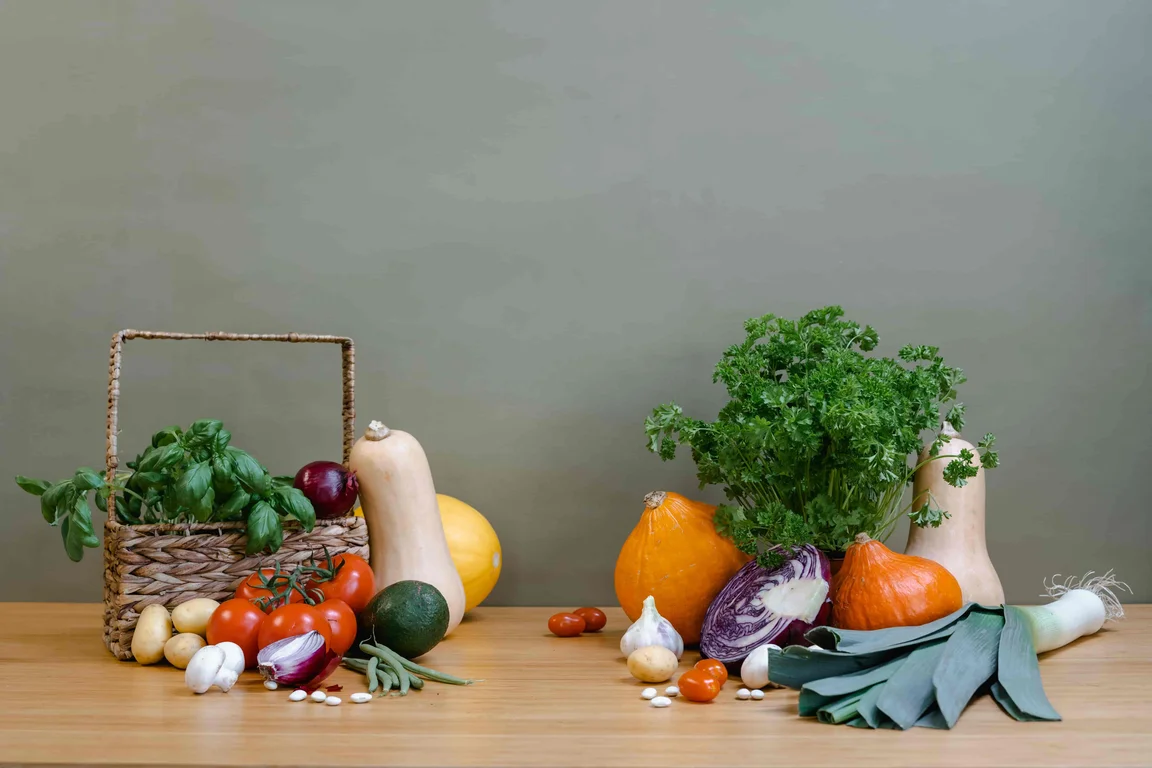What is Sustainability?

Sustainability is the ability to exist and thrive without damaging natural resources.
To be truly sustainable requires you to consider the environment in any actions, purchases or food choices and works to combat any negative impacts on our environment that may otherwise exist.
As an example, one area of sustainability we can look at is catering. More sustainable catering adopts eco-friendly practices such as taking a plant-based approach and also actively taking steps to reduce the carbon impact of the food that’s served.
Why Is Sustainability Important?
Sustainability is important because there are many benefits - both short and long term.
The Earth’s ecosystems cannot be maintained if more sustainable choices are not made. If we do not make these sustainable choices, it is predicted that not only will we run out of fossil fuels, but a large number of species will go extinct and the atmosphere will suffer irreparable damage.
Some examples of the impact food production, in particular, has on the global environment includes:
It contributes to around 30% of global greenhouse gas emissions (with livestock causing half of this)
It occupies around 40% of global land
It uses 70% of freshwater
It is the largest factor threatening certain species with extinction
Animal agriculture is responsible for up to 91% of Amazon rainforest destruction
Taking a more sustainable approach to food will not only help reduce such figures but also contribute to clean air and nontoxic atmospheric conditions, growth of resources and clean water quality.
What is Sustainable Catering?

Sustainable catering involves selecting foods that are both healthy for our bodies and for the environment. A sustainable caterer will source food that typically falls into one of these categories:
Sustainable food should typically fall into one of these categories:
Contributes to thriving local economies and sustainable methods
Protects animals and the welfare of farmed and wild species
Avoids damaging or wasting natural resources or contributing to climate change
We can make sustainable food choices in both our own food choices and our catering choices.
Now more than ever, we are conscious of the environment and how our food choices affect it. Even partaking in Meat Free Monday or making meat-free swaps every now and again has a positive impact.
Sustainable Catering Practices
Caterers can be more sustainable by being more mindful of the ingredients they are using in their dishes.
This means choosing food that has caused minimal damage to natural resources and the environment, higher welfare standards, avoiding industrially farmed food and paying a more than fair amount to farmers.
There are several sustainable catering best practices you can implement to go green:
Decarbonising
Food and diet are some of the biggest contributors to climate change and knowing where ingredients are coming from is key to making catering more sustainable.
Sourcing local produce reduces carbon impact by reducing the transportation and importation of the food. Using locally sourced ingredients also allows for seasonality in menus to keep meal offerings fresh and appealing.
As well as this, reducing food wastage and using the entirety of ingredients ensures that transporting those goods wasn’t for nothing.
To tie in sustainable events with sustainable catering, read our guide on ways to make your event more sustainable.
Reduce Food Wastage
Food wastage has a huge impact on a kitchen’s environmental impact.
Food wastage is almost impossible to completely eradicate but there are a few things caterers can do to reduce this food waste.
An important step to minimise food wastage is to get an estimate of the number of guests that are to be served as this can avoid excessive ingredients being purchased.
Another way to reduce food wastage within the kitchen is to invest in a composting system. Food wastage cannot always be prevented, so with a good quality composting system, wasted food can be turned into soil.
Upgrade Any Old Kitchen Equipment
Storing and refrigerating food correctly with up to date equipment can really help when it comes to food waste.
More often than not, upgraded kitchen equipment requires less power to run, making it more environmentally friendly than older equipment that has seen better days.
Take a Plant-Based Approach

A bigger focus on plant-based eating and offering meat options as secondary choices on menus make meals much more sustainable due to meat having a much higher impact on the environment. Having plant-based options at the top of the menu tempts and invites guests to try those options before they browse the meat options.
With the rise in large supermarkets and fast-food chains offering a wider selection of plant-based options, this opens the door for caterers and small businesses to follow suit.
Having delicious sounding and appealing plant-based options on the menu makes meat-eaters feel like they are missing out far less and makes them more inclined to continue to choose those plant-based options in future.
With menus having clear labelling and nutritional information, this allows people to make more conscious choices when they are able to compare the nutritional and calorie information of different meals.
Plant-based eating is appropriate for any meeting, conference or corporate event with extremely versatile food options available to suit any event, no matter what time of day - so there’s no reason to miss them off the menu.
Offer Colourful and Nutritional Options

Making more nutritional and plant-based choices bright and colourful makes them look more appealing, rather than just a sad-looking salad or plate of greens. Colour is an integral part of nutrition and makes sustainable eating look enjoyable and feel rewarding.
Having colourful food choices often highlights that the food is fresh and not ultra-processed.
Caterers want guests to enjoy their food and feel satisfied but also want to give them the best nutrition they can with the catered meals they are offering.
The Benefits of Sustainable Catering
Let’s recap the key benefits of eco-friendly catering and approach to food.
Reduce your Carbon Footprint
Sustainable catering is a great way to reduce your carbon footprint. By using local and seasonal ingredients, minimising food waste, and choosing eco-friendly packaging, you can significantly decrease the negative impact your event has on the environment. This is not only good for the planet, but it can also boost your company’s reputation as a socially responsible and eco-conscious organisation.
Cost Effectiveness
Another benefit of sustainable catering is that it can actually be more cost-effective in the long run. By reducing food waste and choosing locally-sourced ingredients, you can save money on food and transportation costs. Plus, eco-friendly packaging options are often reusable or compostable, which can save you money on disposables in the long run.
Healthy, Nutritious Food
Sustainable catering also has health benefits. By using fresh, whole, organic, and plant-based ingredients, you can provide your guests with healthier and more nutrient-rich food options. This can be especially important for corporate events where attendees may be sitting for long periods of time and need sustenance to stay focused and energised.
In summary, sustainable catering is a win-win for everyone involved. By reducing your carbon footprint, saving money, promoting health, and creating a more engaging event experience, you can show your guests that you not only care about their well-being, but also the well-being of the planet.
Looking for a Venue With Sustainable Catering Available?
At all of our Make Venues locations across Westminster, Leamington Spa and Bristol, we take a sustainable approach to our venues and our food.
You can rest assured that when booking with us we have the environment’s best interests at heart with our day-to-day operations and food offerings.
If you have questions regarding sustainability at our venues, don’t hesitate to contact us.
